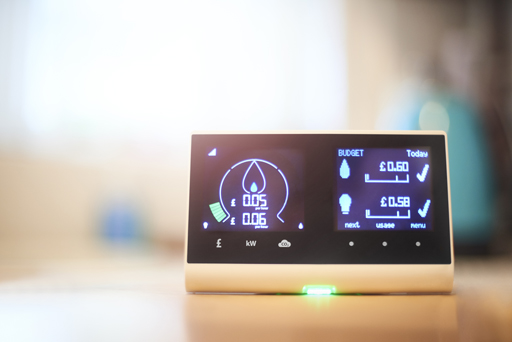5 Moving in and taking control
What are the things you need to do as soon as your tenancy starts? Regardless of whether you actually move in properly, these are the immediate priorities.
- Take notes and photos of pre-existing issues (any cracked or broken windows, damaged furniture, damaged items in the kitchen, bathroom and toilet). Immediately advise your landlord of these issues to make sure that you and your housemates do not end up paying for them to be fixed.
- Take meter readings and send these to both the utility firms and your landlord. Again the key thing here is to ensure that you pay only what is due to be paid by you, and not someone else’s gas or electricity bill. You should supply meter readings throughout the tenancy so that you’re not paying for utility bills on the basis of estimated consumption. If use of gas or electricity, for example, is under-estimated you’ll get a nasty surprise when you get your final bills at the end of the tenancy. Remember, too, that utility bill payments will need to be paid through the summer even if you’re not living in the property.
- Locate all the manuals on how to operate equipment and appliances (particularly the boiler and kitchen equipment). You might find that that some of the items are within the period of their manufacturer’s guarantee, which could help if an appliance breaks down.
Those are the absolute essentials to keep you safe. But there are some other actions you need to take, or things you need to check, from the start of the tenancy or even, ideally, before your tenancy starts.
- Check that the local council knows the property is a student house. As a student you don’t pay Council Tax, but your council might not know who you’re. You can do this online on the local council’s website. Anyone living in the house who’s not a student will pay Council Tax on a pro-rata basis but students will pay no part of that bill.
- Charges by water companies may be covered in your rent payment. Check if this is the case. In Scotland students are, in any case, not liable to such charges.
- Do you want to take out contents insurance? Does a parent’s insurance policy cover, for example, your bedroom and its contents? Insurance cover can be expensive. Does your room have a lock fitted? If not, could one be fitted? Perhaps a desk or a wardrobe might have a lock fitted? You can mark valuable items like your laptop using ‘invisible’ marker pens to identify them as yours. Take care at the time you move in, when it’s so easy to leave doors unlocked while you’re distracted. If you own an iPhone and you lose it, there’s a free service (‘find my iPhone’) to help locate it.
- You need a TV licence for the whole property (not for each person) even if you’re only accessing channels on your laptop or tablet or other device. See if you can all save money and get a discount by proving that the property is empty during the summer months.
- Who‘s responsible for buying light bulbs, toilet rolls and cleaning products? It’s probably the tenants, not the landlord.
- Do you have a vacuum cleaner? This should be supplied. At the end of the tenancy the cleanliness of your property is going to be checked.
Once you’ve moved in you might also want to check price comparison websites for utility services and wifi. If you find that you can get better deals contact your landlord first rather than going ahead and switching services. Your landlord might have agreements for these services and you might not be able to alter providers yourself. But even if you can’t switch to get better deals yourself, you can ask your landlord to do so for you.
Activity 5 Reading meters and avoiding shocks
Estimated bills for gas and electricity in rented properties can turn out to be very inaccurate. Why do you think this is?
Feedback
Estimated gas and electricity bills are based on past consumption of these services. If the previous tenants had a lower consumption than you and your housemates then your bills will be under-estimates. This could happen if, for example, the winter months turn out to be colder than normal during your tenancy. Submit regular meter readings to avoid getting a shock with a big bill or two.

